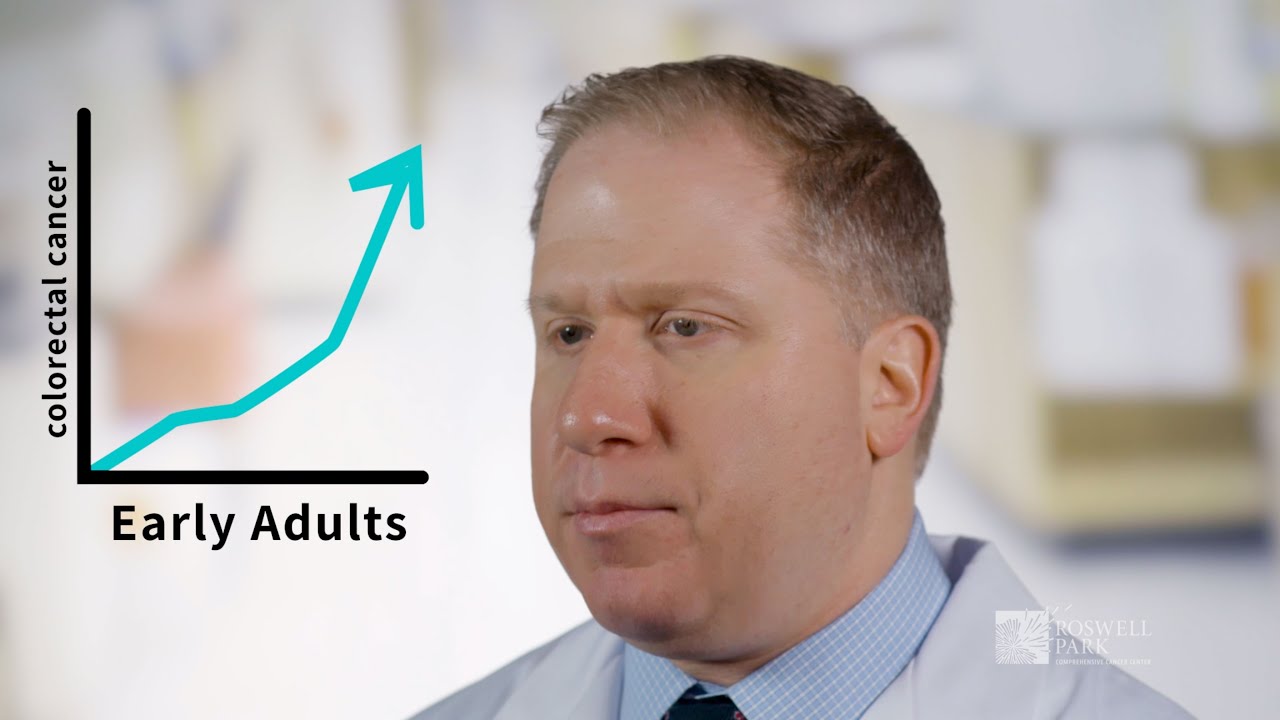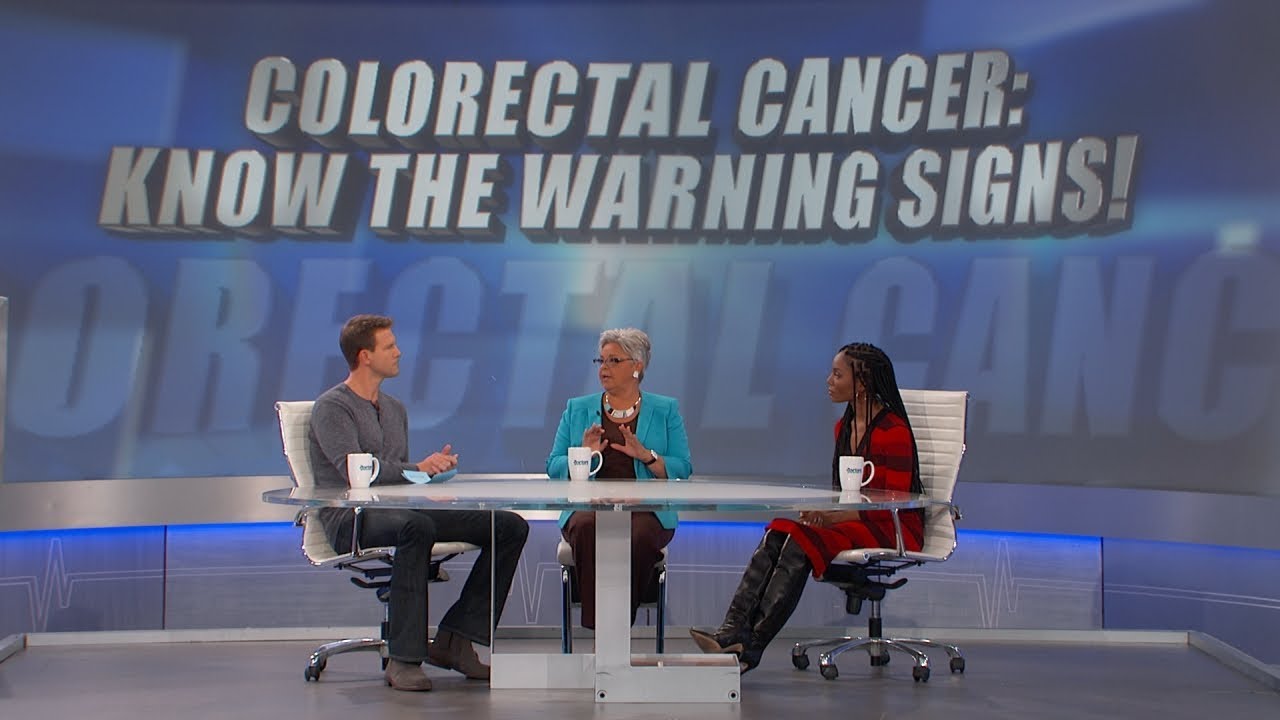Colon cancer is a sneaky adversary that often lurks in the shadows, emerging silently until it reaches a critical stage. It’s one of the most prevalent types of cancer impacting both men and women, making it imperative to recognize the early signs of colon cancer. By identifying these warning signs, you can potentially alter treatment outcomes and increase survival rates. This article delves into the crucial symptoms that should never be brushed aside and underscores the importance of proactive health measures such as regular screenings.
Top 7 Signs of Colon Cancer You Should Not Overlook
1. Changes in Bowel Habits
Have you noticed a shift in your bowel routine? Whether it’s prolonged periods of diarrhea, constipation, or unusually narrow stools, these alterations lasting more than a few days can be significant. A study published in the Journal of Gastroenterology reveals that a staggering 90% of people diagnosed with colon cancer report some changes in their bowel movements. If your body is sending signals, don’t ignore them!
2. Unexplained Weight Loss
Sudden weight loss can be startling—especially when it comes without any changes to your diet or exercise. This symptom can indicate various underlying health issues, including colon cancer. The American Cancer Society emphasizes the importance of discussing unexplained weight loss and accompanying fatigue with your healthcare provider, as ignoring these signs could lead to serious consequences.
3. Blood in Stool or Rectal Bleeding
Seeing blood in your stool? That’s definitely a cause for concern. Whether it’s bright red or darker, any trace of blood should not be dismissed casually. This symptom might be linked to hemorrhoids or other less serious conditions, but it’s crucial to consult a gastroenterologist for the appropriate tests, including a colonoscopy. This simple procedure can provide clarity and potentially save lives.
4. Persistent Abdominal Discomfort
Frequent cramps, gas, or abdominal pain can feel like common digestive issues, but if they’re persistent, it’s time for a reality check. This discomfort may not be due to something as benign as indigestion. Analysts point out a direct correlation between ongoing abdominal discomfort and the advancement of colorectal cancers, which justifies seeking specialized tests.
5. Fatigue and Weakness
Everyone feels tired now and then; however, chronic fatigue shouldn’t be ignored. Research from the Mayo Clinic in 2022 found that nearly 55% of patients with late-stage colon cancer cited significant fatigue as one of their earliest symptoms. If you find yourself dragging day after day without an apparent reason, it’s crucial to consult with your physician.
6. Narrowing Stools
Have you experienced a change in the shape of your stool—particularly a narrowing down to that of a thin, pencil-like shape? This change can often signal a tumor that’s obstructing the colon. While this may seem subtle, it should raise alarm bells regarding potential growth within the gastrointestinal tract. Don’t brush it off; your health matters.
7. Family History and Genetic Factors
Understanding your family medical history is vital for early detection and prevention. If you have relatives who have battled colon cancer, your risk increases. It’s imperative to have open discussions with your healthcare provider about personal screening schedules. Involving a cardiologist can also provide holistic insights into your overall health, especially if you carry genetic predispositions.

The Importance of Early Detection and Advanced Dermatology in Overall Health
While the signs of colon cancer should raise red flags, it’s also essential to understand how early detection relates to other aspects of your health. Advanced dermatology practices often help detect syndromes that may increase cancer risks, including skin-related symptoms linked to genetic factors. For instance, studies have suggested that skin manifestations can occasionally indicate broader systemic health issues.
Regular visits to a dermatologist can help in identifying various health concerns that might not be apparent during standard check-ups. Paying attention to changes in your skin could potentially provide life-saving insights into your health.
Exploring Additional Health Considerations: Cataract Surgery and Cancer Links
When considering health risks, it’s important not just to focus on the gastrointestinal system. General health procedures, like cataract surgery, can have noteworthy implications for cancer patients. Recent studies suggest that complications arising from such surgeries may hinder recovery times for those undergoing cancer treatments. The interconnected nature of various health facets underscores the importance of an integrative approach to overall wellness.
Patients should ensure they have discussions with their healthcare providers about how past surgeries or ongoing issues may complicate cancer treatment or recovery. Knowledge is power, and understanding these relationships can significantly impact health outcomes.

Emerging Technologies: Hyperbaric Chamber Therapy
Innovative treatments like hyperbaric chamber therapy are beginning to create ripples in the cancer treatment landscape. Research points to hyperbaric oxygen treatment as a potential way to enhance healing after surgery, making it particularly intriguing for cancer patients. This therapy aids symptom management and may even advance recovery processes. But bear in mind, more studies are needed to establish standard treatment protocols.
By staying informed about such emerging therapies, patients can make better decisions regarding their health and treatment plans.
Final Thoughts
Recognizing the signs of colon cancer is about more than just being informed; it’s about taking action. Every symptom carries with it a potential health risk that deserves careful evaluation. By being proactive—whether that means scheduling regular screenings, consulting with various healthcare specialists like a cardiologist or dermatologist, or adopting healthier lifestyle choices—you can take significant steps toward protecting your health.
Don’t wait until it’s too late. Consult your healthcare provider, keep track of your symptoms, and take charge of your health today. Remember, proactive health management is your best ally against cancer. Make it a priority!
Signs of Colon Cancer You Should Never Ignore
You Might Be Surprised
Did you know that early detection is crucial when spotting signs of colon cancer? Regular screenings after age 45 significantly increase your chances of catching issues early. Interestingly, changes in bowel habits can signal something more serious; if you’re seeing more frequent diarrhea or constipation than usual, it might be time to pay attention. Hey, speaking of paying attention, did you catch the latest updates on the Ysl Rico case? Just like with trending topics, keeping your health in check is essential!
Besides changes in bowel movements, unexplained weight loss can also be a red flag. Who knew that something as trivial as a sudden drop in pounds could point to colon cancer? It might feel like a blessing at first, but don’t ignore it. It’s a bit like how some fans feel during the Ohio State vs. Michigan rivalry; exciting but crucial to keep an eye on what’s happening on the field and in your body! If you’ve also noticed blood in your stool, that’s one symptom you can’t brush off.
What You Shouldn’t Overlook
Feeling fatigued or weak could indicate more than just needing a good night’s sleep—especially when paired with other alarming signs of colon cancer. A decline in energy levels might mean you’re fighting something bigger than the hustle of daily life. As you ponder your health, you might enjoy catching up on shows like Columbo, where keen observation leads to uncovering hidden truths, much like how you should observe your body’s signals.
Lastly, let’s not forget about how nutrition plays a role in your overall wellbeing. Did you know that incorporating foods like wheatgrass into your diet may boost your energy and immune system? That’s important for anyone, but especially if you’re keeping an eye on signs of colon cancer. Just like the proven track records of Dhar Mann Actors, it’s about believing in the process—whether it’s acting or taking care of your health! Keep these signs in mind, and remember that health awareness could be your best asset in combatting potential issues down the line.







